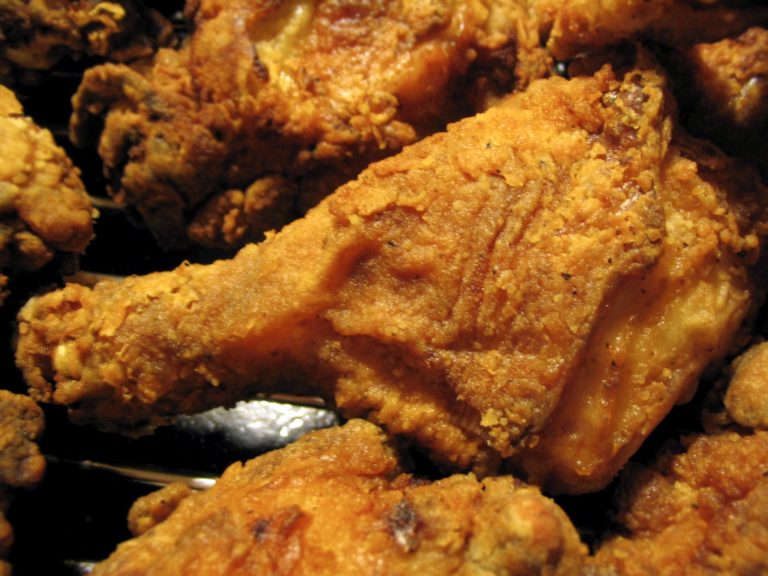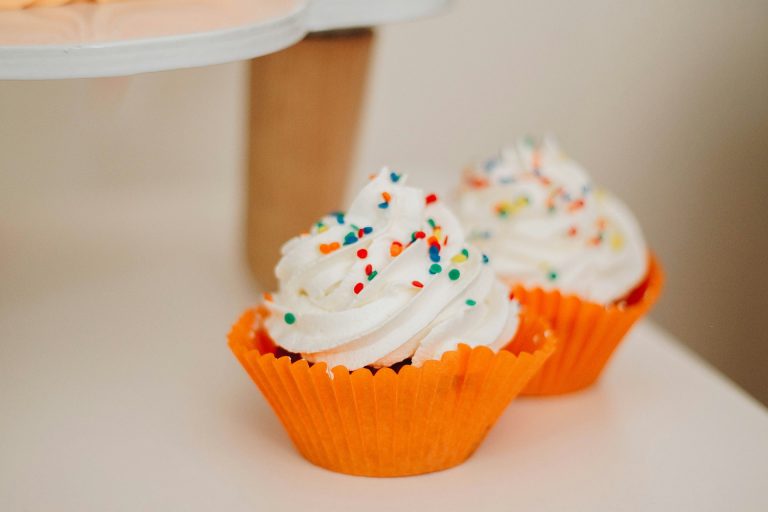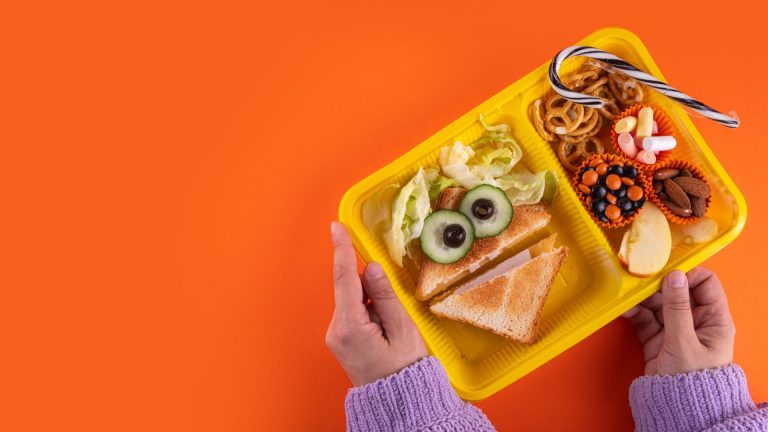Why Freshly Roasted Coffee Makes All the Difference

Ever brewed a cup of coffee that looked great but tasted… flat?
The beans smelled amazing in the bag, but the flavour didn’t live up to the hype? The culprit might not be your brewing method. It’s probably your beans—and more specifically, how fresh they are.
Let’s talk about freshly roasted coffee and why it’s the unsung hero of a great cup.
What Does “Freshly Roasted” Even Mean?
Coffee beans are at their peak flavour 7 to 21 days after roasting. That’s the sweet spot when oils have settled, gases have escaped, and flavour compounds are most vibrant.
Most supermarket coffee? It’s been sitting for weeks—if not months. That means you’re drinking stale beans that have already lost most of their flavour and aroma. No matter how fancy the label looks, once those oils go flat, your brew does too.

Why Freshness Matters
Roasting coffee is like baking bread. It transforms raw ingredients into something flavorful. But just like bread, coffee goes stale. Here’s what happens when beans sit too long:
- Aroma disappears
- Flavours flatten
- Acidity dulls
- Bitterness creeps in
Fresh beans give you that vibrant, layered flavour—think citrusy brightness in an Ethiopian, or a syrupy body in a Guatemalan. Stale beans? Just brown water with caffeine.
How to Tell If Your Beans Are Fresh
1. Roast Date (not Best Before):
Look for a clear roast date, not a vague “best before” 12 months away. If a brand doesn’t print a roast date, they don’t prioritize freshness—and that’s a red flag.
2. Whole Beans Over Ground:
Pre-ground coffee goes stale faster. Grinding exposes more surface area to oxygen. If you want fresh coffee, grind just before brewing.
3. Smell Test:
Fresh beans have a rich, strong aroma. Stale beans smell like… not much. If you can’t smell the difference, you’ll taste the disappointment.
Better Coffee, Better Health
Fresh coffee doesn’t just taste better—it’s better for your body too. When beans sit too long, oils oxidize, which can lead to rancid flavours and unwanted compounds in your cup.
Plus, fresh beans are richer in antioxidants like chlorogenic acids, which support heart health and reduce inflammation. That’s a win-win for your taste buds and your well-being.
Who Benefits Most from Fresh Coffee?
Pretty much everyone. But especially if you:
- Use specialty brew methods (like pour-over or espresso)
- Prefer black coffee where flavours shine through
- Drink coffee slowly and savour each cup
- Are trying to cut back on sugar or milk—fresh coffee is naturally sweeter
- Or drink decaf coffee beans and still want full flavour without the caffeine

How to Keep Your Coffee Fresh
- Buy in small amounts. Aim for what you’ll drink in 2–3 weeks.
- Store it in a sealed container away from light, heat, and moisture.
- Avoid freezing or refrigerating—condensation kills flavour.
- Grind just before brewing. Invest in a good burr grinder. Worth it.
Where to Find Freshly Roasted Coffee
Look for:
- Local roasters (check roast dates and freshness guarantees)
- Online subscriptions that roast to order
- Specialty shops that list origin, roast level, and roast date
Avoid bulk bins and supermarket shelves—those beans have been through a long supply chain and usually lost their best days before you even get to them.
Final Sip
Freshly roasted coffee is the secret sauce to a better brew. It’s what turns your daily habit into a daily highlight. You don’t need fancy equipment or barista skills—just better beans, roasted recently.
Taste the difference once, and there’s no going back.
Frequently Asked Questions About Fresh Coffee
How long does fresh coffee last after roasting?
Beans are best 7–21 days post-roast, but still good up to 4–6 weeks if stored properly. After that, they start losing flavour fast.
Is it okay to freeze coffee to keep it fresh?
Not really. Freezing can cause condensation and flavor loss. Only freeze beans if you vacuum-seal them first—and even then, it’s not ideal.
What’s the difference between light, medium, and dark roast in terms of freshness?
All roast levels go stale at the same rate. But light roasts tend to highlight flaws more, so freshness matters even more with them.
Can I tell if coffee is stale just by looking at it?
Not always. You might see dull colour or oiliness in dark roasts. But the real test is in the smell and taste.
Do I need a grinder to get the most from fresh coffee?
Yes. Grinding right before brewing makes the biggest difference after freshness. It’s the single best upgrade you can make for home coffee.






